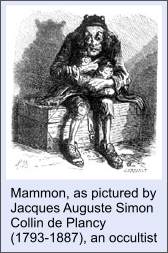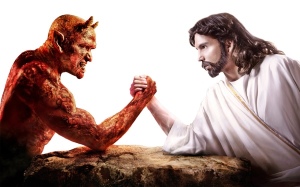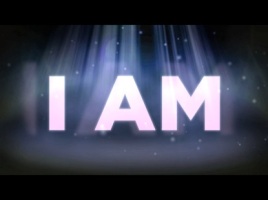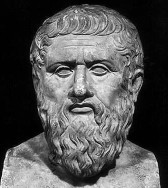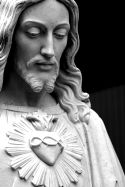So from where does Christ-Consciousness arise? Preston Harold gets right to the point…
Christ-consciousness appears to be sent from the unconscious domain. Before this light can enter consciousness, something in man must be equal to its action: Jesus says the will (the energy) must be as the Father’s, as One’s. He insisted that He, the light, was sent into the world, and that He expressed the will or energy of the Father, unapparent save in man.
Harold says Christ-consciousness is SENT into “the world,” the conscious domain, from the realm of the unconscious, the “kingdom of heaven.” Harold then quotes Eddington in explaining how light comes into the physical world:
…the individual wave-systems in the sub-aether are composed of oscillations too rapid to affect our gross senses; but their beats are sometimes slow enough to come within the octave covered by the eye. These beats are the source of the light coming from the hydrogen atom, and mathematical calculations show that their frequencies are precisely those of the observed light from hydrogen. Heterodyning of the radio carrier waves produces sound: heterodyning of the sub-aetheral waves produces light. Not only does this theory give the periods of the different lines in the spectra, but it also produces their intensities – a problem which the older quantum theory had no means of tackling. It should, however, be understood that the beats are not themselves to be identified with light-waves; they are in the sub-aether whereas light-waves are in the aether. They provide the oscillating source which in some way not yet traced sends out light-waves of its own period.
Harold comments on the difference between the beats and the light-waves being identical to Jesus’ understanding of His relationship to the Father:
An ancient who referred to himself as Light – and of the same “period” as the Father of all manifestation, God – might try to make clear that the “beats” in the “sub-aether” (or that unapparent source) are not to be identified with Himself, and that it is their action that produces the phenomenon, by saying: “I speak not of myself: but the Father that dwelleth in me, he doeth the works.”
Perfect! Jesus’ awareness of himself as “light” shows the dwelling of Christ-consciousness within Him. Just as physical light is sent into the world from the aether, so Jesus’ awareness of Himself as light makes Him aware of being “sent” from the Father, or the beats in the sub-aether. We will continue to explore Jesus’ mission as “light of the world” in our next post. Until then, peace.







